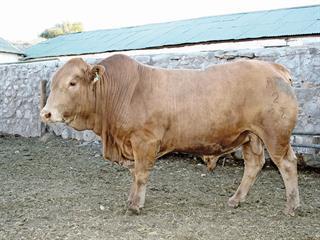The EU has banned certain meat products, but the SA Department of Agriculture says it’s because they recommended the ban. Priscilla Sehoole, spokesperson for the department, says the ban only includes commodities that are exported at very low levels such as pork, lamb, chicken and milk, and not game and ostrich.
She says the ban on these products was recommended earlier this year to prevent other exporting industries which do comply with protocols from being penalised. Commodities exported at very low levels don’t justify a huge investment by the department to ensure they comply with export protocols. “The status of these products can also be renegotiated if the need arises in future,” Sehoole said. M edia reports speculate, however, that because of affirmative action doesn’t have the scientific workforce to ensure we do comply with the protocols. could not prove to the EU that we had implemented an acceptable residue testing procedure, and this is cited as proof of the media claims. A n visit to in June found that residue testing of export meat samples had not been carried out for a couple of years, and demanded that provide them with the test results. An delegation to the obtained an extension for this until 31 October.
The letter that caused the speculation about a probable ban was sent by the to the Animal Health Institute at Onderstepoort, reminding it to confirm the deregistration of the growth hormone Zeraplix for use on ostriches and to send the residue test results to the EU before the deadline. ehoole says the department met all these requirements on time. She explains that a backlog of samples was created when sample testing was switched to a new company, and that the had taken it upon itself to test these samples on SA’s behalf. Any outstanding samples can therefore only be samples that the EU had not yet tested. Confusing reports could be damaging eanwhile Anton Kruger, CEO of the South African Ostrich Business Chamber, voiced his annoyance over the false reports claiming that ostrich meat has been banned from the EU. “The reports could be extremely damaging to our industry, as they might create the impression that we are not complying with standards,” he said. Kruger points out that growth hormones have never been used on ostriches in South Africa in any case, even though they have been registered for use. – Staff reporter









